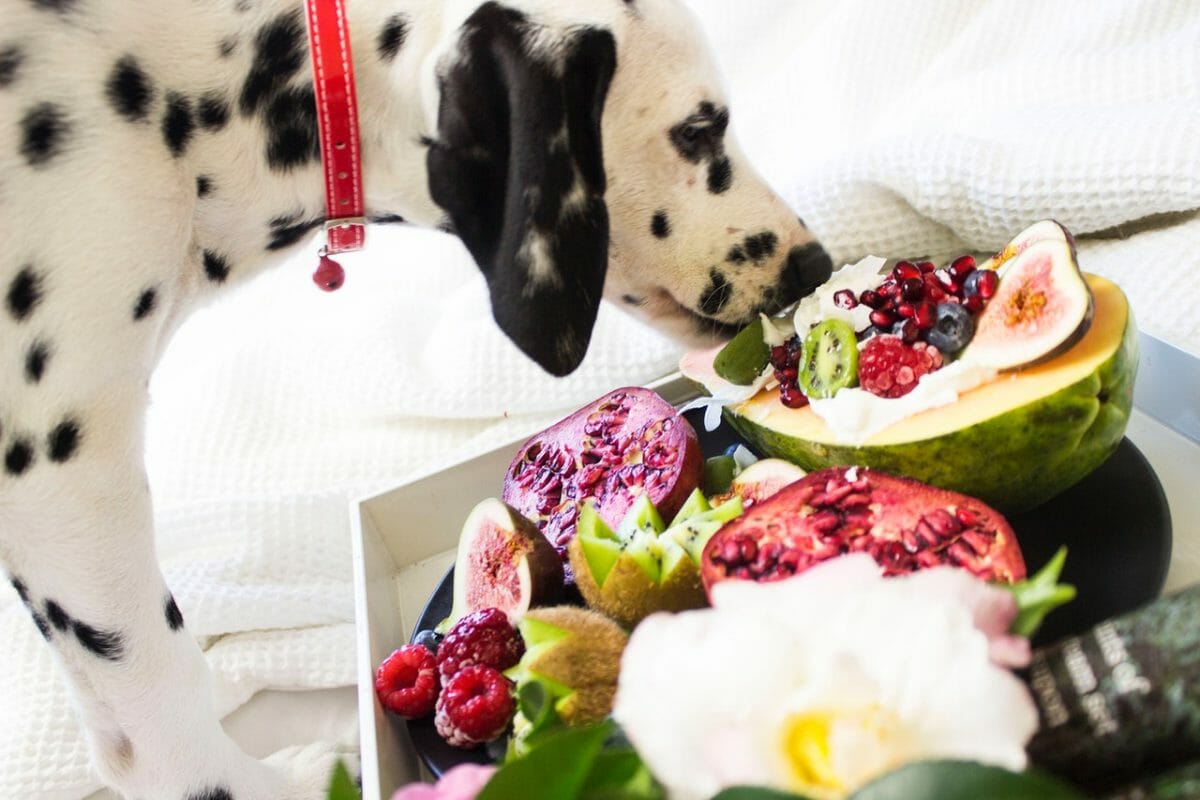Whether your dog is chowing down on top-of-the-range kibble or a bowl full of their favorite wet food, their diet can have a huge impact on their happiness, overall health, and energy levels.
Just like us, a dog must eat a balanced diet to have enough energy to run around and play all day long. So deciding what to feed your dog is not something you should take lightly. However, you may be happy to know that store-bought wet and dry food isn’t the only thing your dog can eat!
There are many delicious foods out there that will be nutritionally beneficial to your dog. Here are five things you should include in your dog’s diet.
1. Eggs
No food can quite rival the nutritional goodness of eggs! With a great combination of fat, high-quality protein, and various vitamins and minerals, it’s no wonder they’re seen as an excellent addition to your dog’s diet!
Eggs are beneficial for maintaining your dog’s cardiovascular health while also helping the brain and liver to function correctly. Adding eggs to your dog’s diet can also improve their coat health and skin while promoting stronger bones and teeth!
Smaller dogs will only need around half an egg added into their diet every day, but larger dogs may require a large-sized egg each day. You may even want to try incorporating a tiny amount of grits with lots of eggs as a safe (and rare) treat for your dog!
If you want to know more about whether your dog can eat grits, you can visit https://petdt.com/can-dogs-eat-grits/.
2. Fruit And Vegetables
Many fruits including an assortment of berries are high in antioxidants, making them an excellent choice to include in your dog’s diet. You may also want to look at introducing fruits like melons, apples, and bananas. Do not feed your dog grapes, however, as they have links with kidney damage and even kidney failure!
Vegetables like potatoes and corn give dogs the carbohydrates that they need for energy, whereas leafy greens will bulk up the quantity of food without drastically increasing their calories. Though your dog doesn’t necessarily need vegetables to have these nutrients, it won’t hurt to add them to their diet!
3. Sardines
Fish are an excellent source of omega-3 fatty acids DHA and EPA that are good for your dog’s coat and skin. They also work to reduce inflammation and regulate the immune system, making them especially beneficial for dogs with autoimmune diseases and allergies.
A small canned sardine packed in water provides around 25 calories and approximately 175 mg of omega-3. This is a great amount for a smaller dog but might not be enough for a larger dog, so you must provide them with proportionately more.
You could also opt for other canned fish such as pink salmon and jack mackerel.
4. Yogurt
We know this one is a little strange but you’d be surprised just how beneficial yogurt could be to your dog’s diet! Nonfat or low-fat plain yogurt is inexpensive, packed full of probiotics (which is great for their immune system), and is also rich in both protein and calcium.
If you’re going to feed your dog yogurt it must be plain and free from added sweeteners, both artificial and natural, as they are typically quite low in sugar and calories. Using yogurt with active and live cultures will also settle their digestive system.
Simply put, adding even a spoonful of yogurt to their regular mealtime kibble could help your dog to feel fuller for longer while aiding their digestive health. What’s not to love?
5. Bone Broth
If your dog primarily eats a dry, freeze-dried, or dehydrated diet, then thick, gelatinous bone broth might be a welcome (and highly delicious) addition!
Water is essential to your dog’s diet yet many dogs simply don’t drink enough. By incorporating bone broth into their diet, you are adding some much-needed hydration to their everyday routine.
Aside from this, bone broth is also great for promoting healthy digestion, maintaining joint health, and even repairing a leaky gut. This is because it contains many nutrients like chondroitin, hyaluronic acid, and glucosamine which stimulate collagen growth.
Summary
These foods are delicious alternatives if you’re looking to add some variation to your dog’s balanced diet. Though they’re all nutrient-dense, none of these foods should ever be used as a replacement for your dog’s usual meal! Instead, they should be used to compliment your dog’s diet to ensure they’re getting the most nutrients possible.
